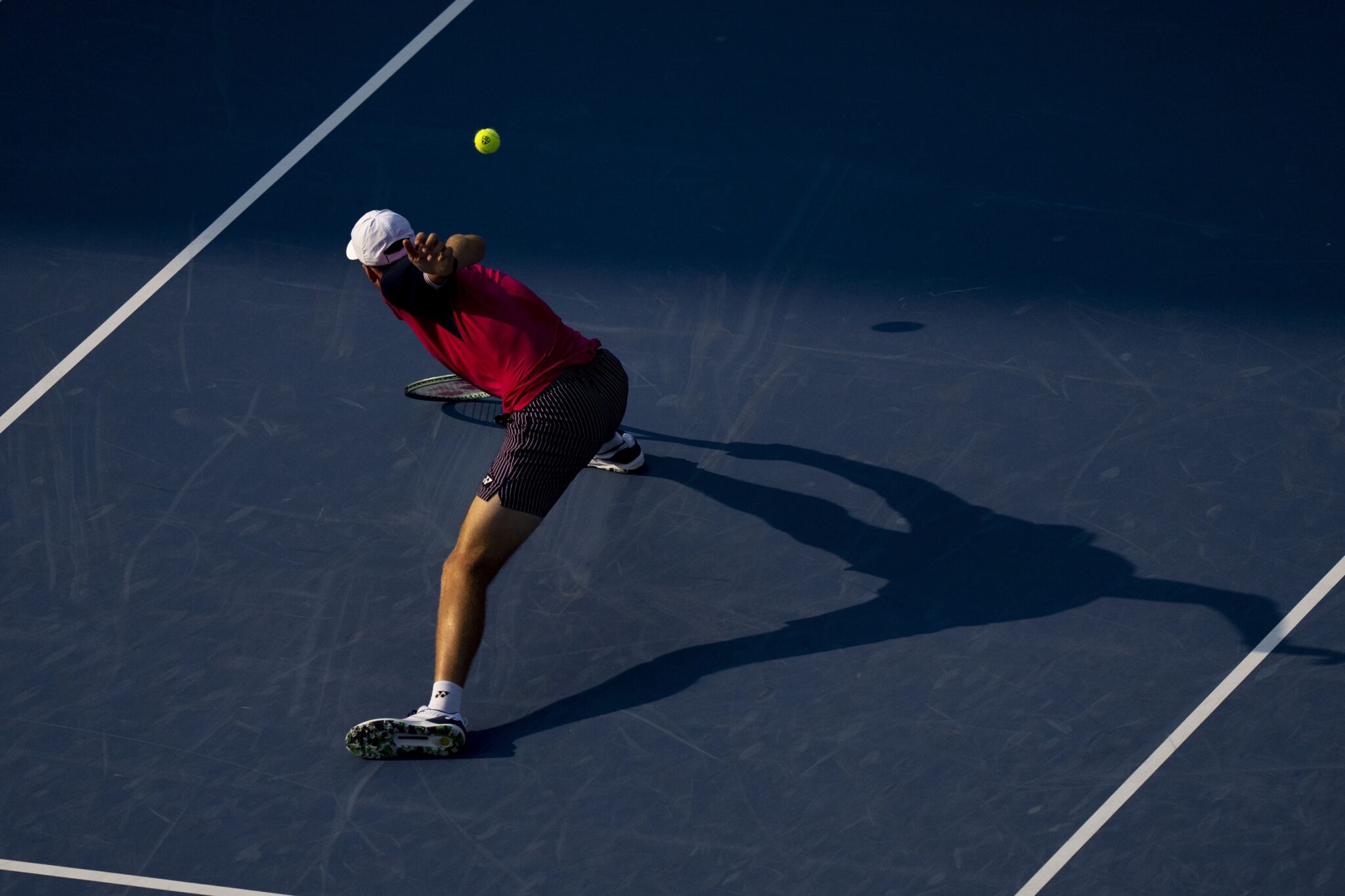The gleaming trophies and adoring crowds often cast a long shadow over the less glamorous aspects of professional tennis: the relentless travel, the endless training, and the acute physical demands placed upon an athlete`s body. For Jakub Mensik, the promising young Czech talent, this reality recently culminated in a strategic withdrawal from the highly anticipated Beijing tournament. While certainly a disappointment for his growing fanbase, Mensik`s transparent explanation offers a pertinent insight into the taxing tightrope act professional players navigate between ambition and physical endurance.
A Knee`s Lament and a Body`s Clear Signal
Mensik`s decision to forgo his quarterfinal match in Beijing was not an impulsive choice but a considered response to undeniable physical signals. “Recently, I`ve encountered health issues across my body, particularly with my knee,” Mensik stated, pinpointing the immediate concern. This narrative is common in elite sports: a specific, localized ailment, in this case, an uncooperative knee, often serves as a primary indicator of broader, systemic fatigue. Even a body meticulously conditioned for high-level performance has its operational limits, and Mensik`s appears to have reached a temporary point of protest.
The Relentless Grind: When Ambition Meets the Limits of Endurance
The professional tennis season is an unceasing circuit, and 2023 has been particularly demanding for many, with Mensik being no exception. He detailed a challenging sequence of events: a demanding series of tournaments in North America, immediately followed by the high-stakes team competition of the Davis Cup, and then the exhibition-style, yet still physically rigorous, Laver Cup. For a young athlete still establishing his footing on the ATP Tour, this back-to-back schedule proved to be an overwhelming commitment. “After the series of American tournaments, it was difficult to immediately engage in the Davis Cup and Laver Cup – my body simply couldn`t cope,” he explained. The phrase “couldn`t cope” might be considered a polite understatement for what, in reality, likely felt like a systemic shutdown—a body politely but firmly declining further heroic efforts.
This situation extends beyond individual fatigue; it underscores a structural challenge inherent in the professional tennis calendar. Players, particularly those striving to climb the rankings, are constantly weighing the necessity of accumulating ranking points and prize money against the critical imperative of preserving their physical health. Mensik`s experience vividly illustrates this delicate equilibrium. “With such a packed season, it was predictable, I probably overloaded myself with matches,” he conceded, a statement that resonates deeply with many observers of the sport`s increasingly demanding schedule.
Eyes on Shanghai: A Strategic Pause, Not a Definitive Retreat
Despite the Beijing setback, Mensik maintains a pragmatic and optimistic outlook, strategically shifting his focus to the upcoming Masters tournament in Shanghai. “But I am confident that the recovery over these days will allow me to perform at full power in Shanghai,” he asserted. This is not the declaration of a defeated athlete, but rather a calculated, strategic pause from a pragmatic competitor. The objective is not merely to participate but to return at peak operational capacity – a crucial distinction for any player aspiring to genuine success on the tour.
His ambition extends beyond Shanghai, aiming for a strong conclusion to the year. “Nevertheless, I intend to fully restore my strength to finish the remaining part of the year brightly,” he concluded. It is a testament to the resilience and methodical planning demanded in professional tennis: acknowledge the setback, understand its underlying causes, and then meticulously chart a course for a robust comeback. For Mensik, Beijing was not a final destination, but a necessary, albeit inconvenient, detour on what promises to be an compelling and enduring journey in professional tennis.
Ultimately, Mensik`s experience serves as a potent reminder that even as fans admire the athletic prowess on display, the most critical battles are often fought away from the spotlight, in the diligent management of one`s most invaluable asset: the physical body. His proactive decision to prioritize recovery over pushing through injury establishes a commendable precedent for young players navigating the exhilarating, yet undeniably exhausting, landscape of the ATP Tour.

